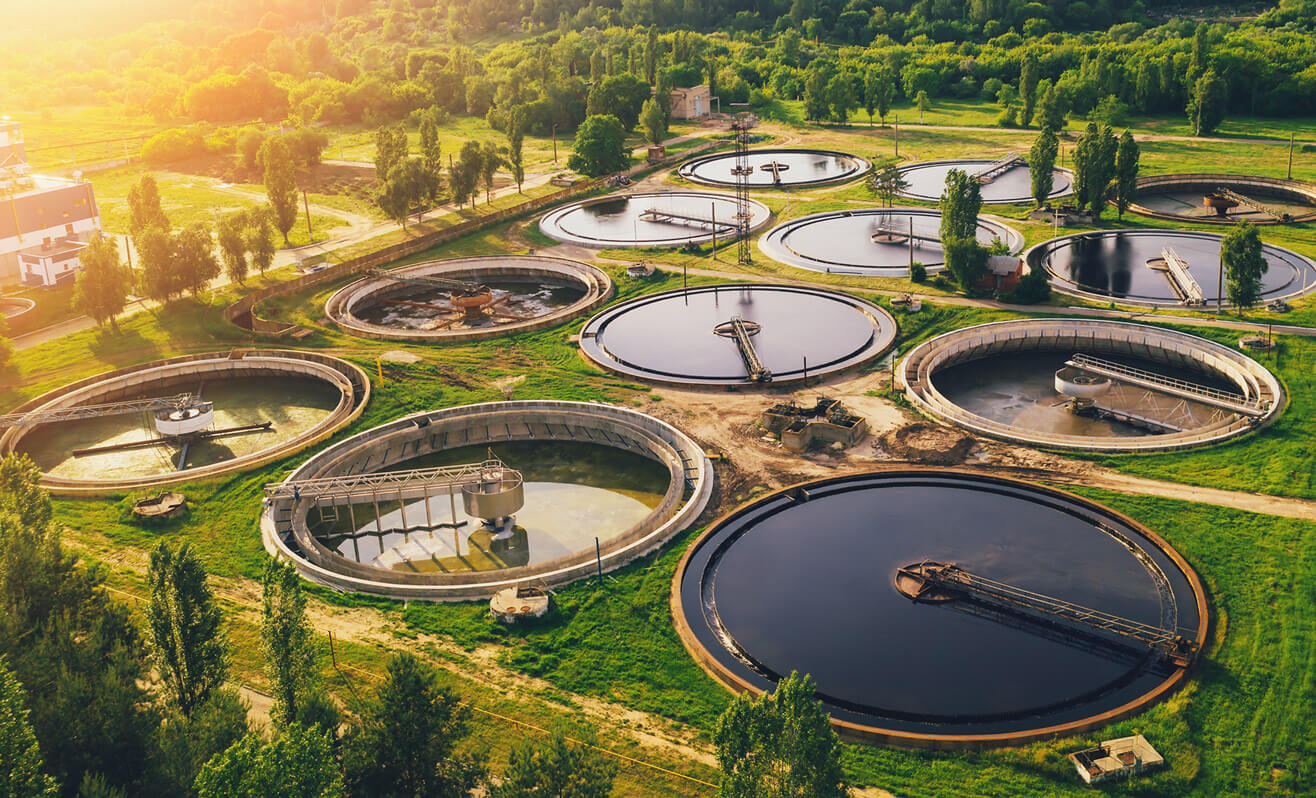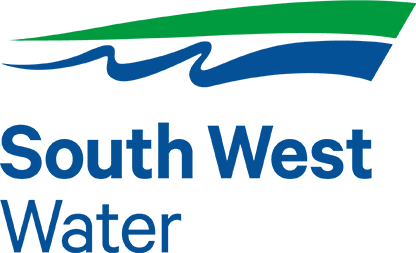PILOT 4
Addressing the challenges of Combined Sewer Overflow (CSO) performance
LOCATION:
Devon and Cornwall, UK


BACKGROUND
South West Water supplies drinking water and wastewater services to over 1.8 million people across Devon and Cornwall. The political landscape, alongside customer acceptability, for Storm Overflow spills is rapidly changing in the UK. Historically, overflows were designed to relieve the pressure on wastewater networks by providing an overflow for stormwater to the environment during times of very high flows, i.e., storm events. A current focus area for the company (and all UK water companies) is how South West Water works towards zero spills, and as they do so, to provide more information to customers and the public of spills that are occurring, with an ambition of near real-time public information for each and every spill. The company’s BeachLive’ service, has offered live information on potential risks to bathing water quality caused by overflows in the public sewage network since 2011. The service includes live feeds from 35 beaches and profiles for 41 Blue Flag and popular beaches across the region.
KEY FACTS

EXPECTED IMPACTS
SWW envisage this ‘meaningful way of informing customers’ to be achieved by coupling environmental information (weather, river flow, river quality, etc.) such the general public is more informed about the nature of the spill and its potential impact on river water quality at the time of it occurring. This is an area of research the company, South West Water, is trying to innovate around and believe that the coupling of industry experts with academic and research specialists in this field will help to accelerate their journey for the overall benefit of the water industry, general public, the environment and regulators.





